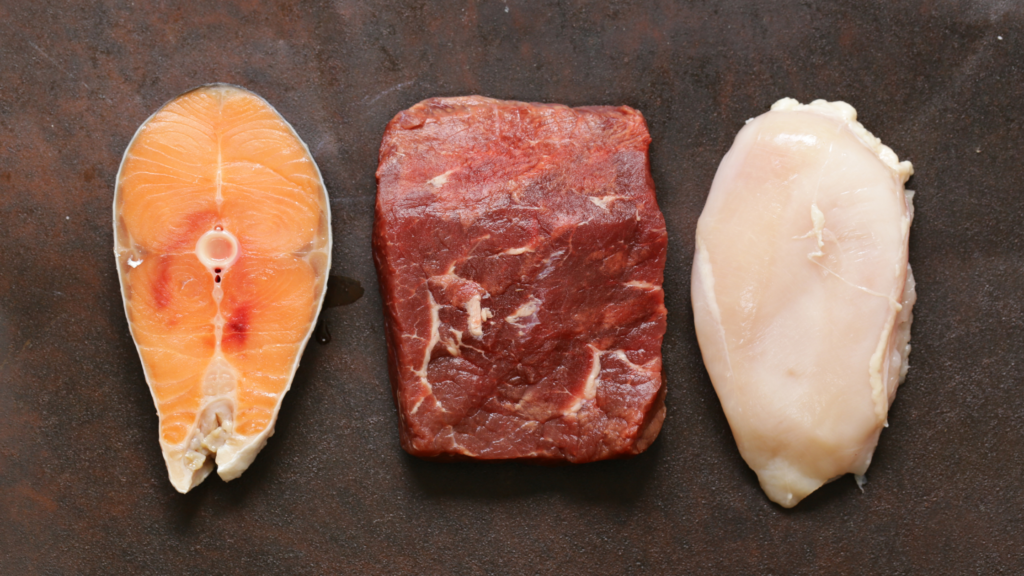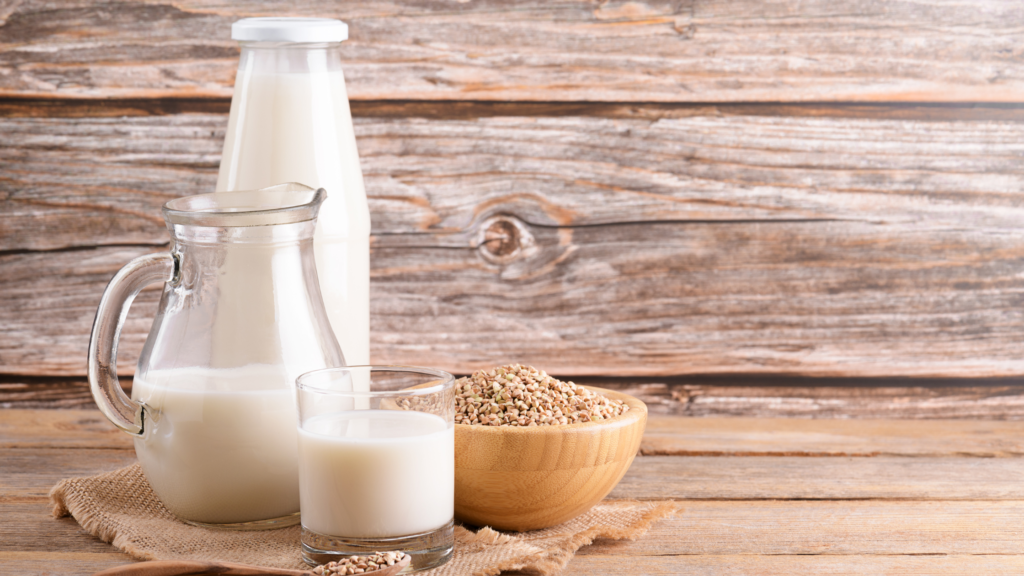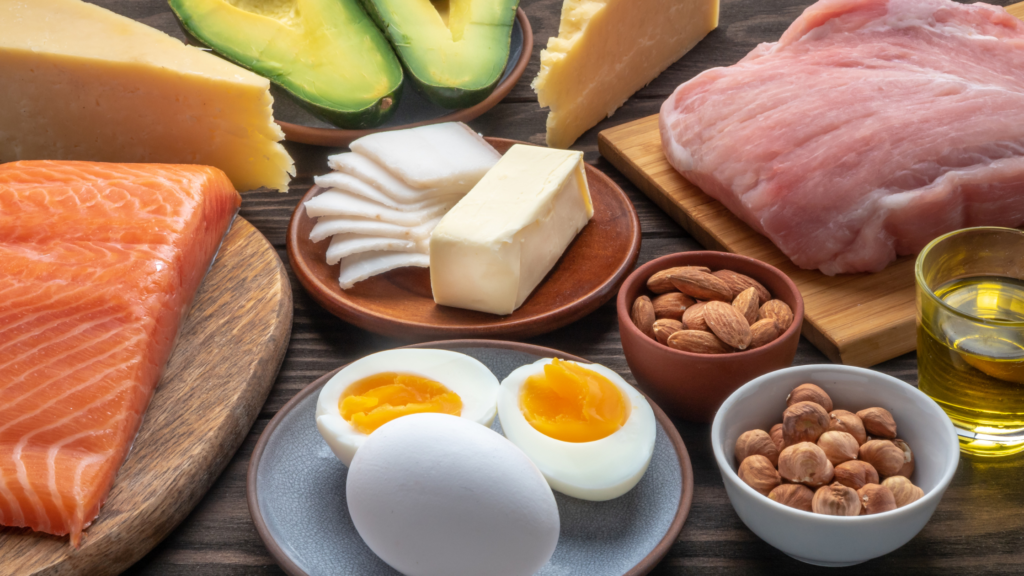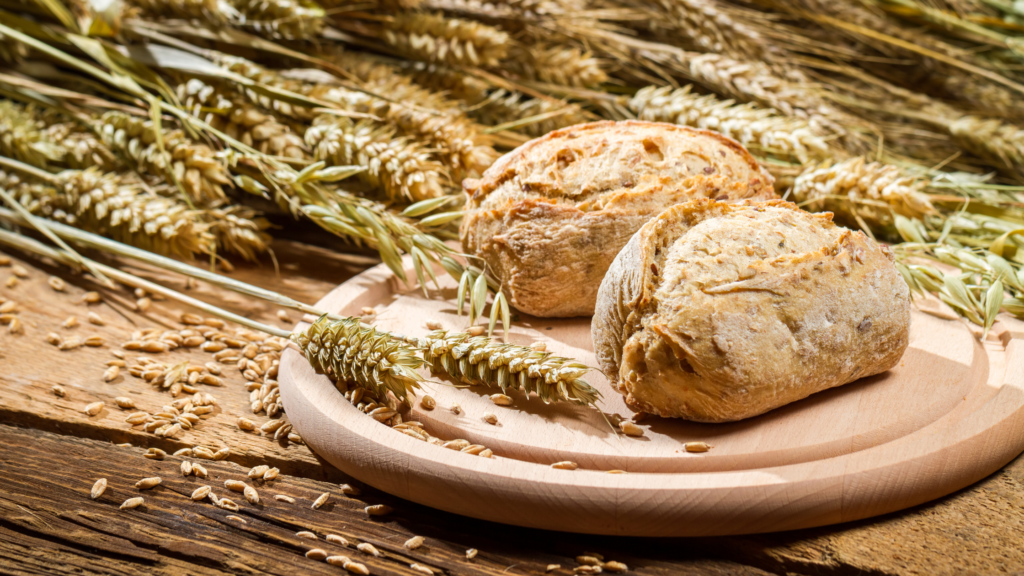
Berdi
urinary Track Health

During pregnancy, a woman’s body undergoes remarkable changes to support the growth and development of her baby. To ensure a healthy pregnancy and a strong foundation for your little one’s future, a balanced and well-rounded pregnancy diet is crucial.
In this article, we will delve into the key aspects of a pregnancy diet, including foods to avoid and those you should include to optimise your health and your baby’s development.
Before we delve into specific foods, it’s important to understand the fundamental principles of a pregnancy diet.
A pregnancy diet should encompass a variety of nutrient-rich foods. These nutrients are not only essential for your baby’s growth but also for your overall well-being. Key nutrients include:
Staying adequately hydrated is important during pregnancy. Water is needed for the increased blood volume, and amniotic fluid, and for flushing out waste products from both your body and your baby’s.

Folic Acid, also known as vitamin B9, is a crucial nutrient, especially during pregnancy. It plays a vital role in the development of the baby’s neural tube, which eventually forms the brain and spinal cord.
Adequate folic acid intake in the early stages of pregnancy helps prevent neural tube defects in the developing baby’s brain and spinal cord. Folic acid is necessary for the production of red blood cells. During pregnancy, your blood volume increases, so having enough folate is essential to prevent anemia. It is also involved in DNA synthesis and cell growth, which are critical for the development of your baby’s organs and tissues.
It is essential for all women of childbearing age, whether pregnant or not should take folic acid supplements like QFolic.

Lean protein foods are an essential part of a balanced diet, particularly during pregnancy. They provide a wealth of nutrients necessary for both your health and the healthy development of your baby.
Protein is vital for the growth and development of your baby’s tissues, including the brain, muscles, and organs. Protein supports the growth of the placenta and helps maintain your own tissues, including your muscles, skin, and blood. Consuming lean protein can help stabilise blood sugar levels, which is particularly important during pregnancy to prevent gestational diabetes. During pregnancy, your blood volume increases. Protein is necessary for the production of red blood cells, which carry oxygen to both you and your baby.

Calcium is essential for your baby’s bone development. Opt for low-fat dairy products like milk, yogurt, and cheese. If you’re lactose intolerant, consider fortified non-dairy alternatives.

These are essential for your baby’s brain and eye development. Include fatty fish like salmon, mackerel, and sardines. You can also consider omega-3 supplements after consulting with your healthcare provider.

Whole grains are an essential component of a healthy diet, especially during pregnancy. They provide a range of important nutrients and health benefits for both you and your developing baby. Whole grains are high in dietary fiber, which aids in digestion and helps prevent constipation—a common issue during pregnancy due to hormonal changes. Whole grains provide essential nutrients such as B vitamins (including folic acid), iron, magnesium, and zinc. These nutrients are crucial for your baby’s growth and development. The complex carbohydrates in whole grains release energy slowly, helping to maintain stable blood sugar levels. This can help prevent energy dips and mood swings.

Certain fish, such as sharks, swordfish, and king mackerel, are high in mercury, which can harm your baby’s developing nervous system. Opt for low-mercury options like salmon, trout, and sardines.
Raw or undercooked seafood and eggs can carry harmful bacteria that may lead to foodborne illnesses. Ensure that these foods are fully cooked before consumption.
Limit your caffeine intake and avoid alcohol altogether during pregnancy. Excessive caffeine can affect your baby’s heart rate, while alcohol can lead to fetal alcohol syndrome.
Even with a well-rounded pregnancy diet, it can be challenging to get all the necessary nutrients solely from food. Prenatal vitamins like Prenate can help fill in the gaps and ensure you and your baby receive essential nutrients.
If you develop iron-deficiency anaemia during pregnancy, your healthcare provider may recommend iron supplements to maintain healthy iron levels.
In conclusion, a pregnancy diet plays a pivotal role in ensuring a healthy pregnancy and the well-being of your baby. By focusing on balanced nutrition, staying hydrated, and avoiding potential hazards, you can create the ideal environment for your baby’s growth and development.
Remember, always consult with your healthcare provider to tailor your pregnancy diet to your specific needs and take the essential prenatal supplements like Prenate. With proper care and attention to your diet, you can embark on the incredible journey of motherhood with confidence, knowing that you are providing the best start in life for your precious little one.











